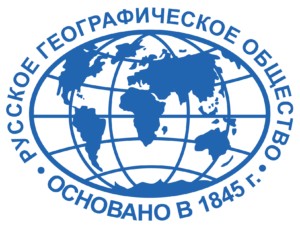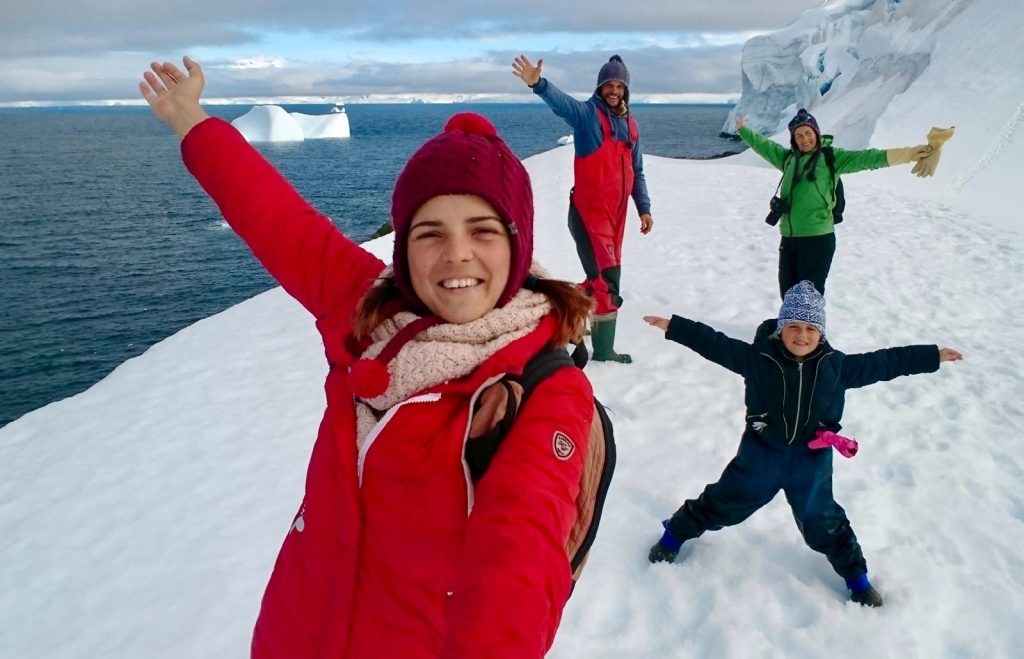Research and Study at PSU: Top 10 University Achievements in 2022

On 8 February, Perm State University celebrated the Day of Russian Science, recognizing the contribution of its scholars on the national and international scale in 2022:
1. PSU chemists have discovered a new substance that will help in the fight against tuberculosis.
PSU scientists have been developing a new type of antibiotic based on erogorgiaen, isolated from the sea coral Pseudopterogorgia elisabethae. Not only it will allow the cells enter a persistent state of the drug, acquiring to its tolerance, but also reduce the recurrence of the disease.
Tuberculosis (TB) is an infectious disease, caused by Mycobacterium tuberculosis (MTB) bacteria, which generally affects the lungs. In 2020, an estimated 10 million people developed active TB, resulting in 1.5 million deaths, making it the second leading cause of death from an infectious disease after COVID-19.
2. The “Photonics” NTI Competence Center at PSU has developed a new method for preventing emergency shutdowns of unmanned aerial vehicles (UAV).
Commonly known as a drone, UAV is an aircraft without any human pilot, crew or passengers on board, involving a ground-based controller and a communication systems. Originally developed for military missions, UAVs are widely used in scientific research, agriculture, logistics, policing and hi-tech sports.
PSU scholars urged to eliminate the possibility of a UAV system failure due to a sudden change in temperature. The results of the research, detecting the problem failure and improving the fiber-optic elements in UAV gyroscopes have been published in the Applied Sciences Journal.

3. The “Photonics” NTI Competence Center at PSU will help improve the safety of nuclear power plants
PSU scholars from the “Photonics” NTI Competence Center are developing new types of optical fibers resistant to radiation and other aggressive environments applicable in mines, nuclear power plants, as well as spacecraft and Earth orbit satellites. New fibers will speed up data transfer and reduce system response time in case of emergency situations.
4. PSU Professor in law becomes co-developer of CIS agreement on Internet copyright
Professor Anton Matveev, Department of Civil Law, PSU, joined the international lawyers group working on the Agreement allowing CIS member states to protect copyright and related rights on the Internet, establish common approaches to solving problems alike, including updates of national legislation.
The Agreement on Cooperation between the Member States of the Commonwealth of Independent States (CIS), regarding copyright and processing information, including telecommunication networks was signed at a meeting of the Council of CIS State Leaders in November, 2021.
5. PSU expert in Adventure Travels crossed Chukotka, ascended the highest peak of the peninsula.
Andrey Korolev, Associate Professor of the Department of Tourism, PSU joined the “Pole of Inaccessibility” team comprising University alumni, in their ski expedition to Chukotka. The adventure travelers crossed the peninsula from the Pacific to the Arctic Ocean, for the first time ever.
The route was dedicated to the 200th anniversary of the expedition of Baron Ferdinand von Wrangel (1796-1870), an explorer of the northeastern coast of the Arctic. For 25 walking days, the team traveled about 600km (373mi), covering the distance of 30km (16,5mi) daily, with an equipment of 50kg (110lb).

6. PSU Scholar discovered a rare species of mosquito in the Vishera Nature Reserve.
Andrey Krasheninnikov, Associate Professor of the Department of Invertebrate Zoology and Aquatic Ecology, PSU, discovered a unique species of mosquito in the territory of the Vishhersky Nature Reserve. The official name of the insect is Chaetocladius (Chaetocladius) crassisaetosus.
The Chironomidae family of mosquitoes (known as chironomids, nonbiting midges, or lake flies) comprise a family of nematoceran flies with a global distribution. The name Chironomidae stems from the Ancient Greek word kheironómos, “a pantomimist”, due to characteristic behavior of the mosquito.
7. The technology for groundwater purification is developed by PSU scholars.
The Laboratory of Geology of Technogenic Processes, Natural Science Institute, PSU, in partnership with the Laboratory for Non-Destructive Testing developed a technology and a new bio product for cleaning groundwaters polluted with oil-affected elements.
The new technology is meant for those cases when concentration of pollution does not allow the use of traditional mechanical means of collection, as an alternative to pumping, bioreactors use or chemical reactions. It significantly reduces costs and efforts, and does not harm the environment. The technology has been patented and is ready for practical use.
8. Perm State Art Gallery to receive digital copies of its collection, provided by PSU scholars.
The team of the Center for Digital Humanities at PSU have been creating digital copies of wooden sculpture, typical of local Christian Orthodox believers, preserved at Perm State Art Gallery. The project contributes to 300 Perm City Anniversary.
Digital humanities (DH) is an area of scholarly activity at the junction of digital technologies serving as a an advanced system storage and analysis of humanities’ data, as well as their application. The Center for Digital Humanities had been established at PSU in 2016.
9. PSU geneticists explained the failures and successes of combatants in sports.
Research team led by Svetlana Boronnikova, Head of the Department of Botany and Plant Genetics, Faculty of Biology, PSU, identified genotypes and their influence upon people involved in a-cyclic sports, like martial arts, explaining estimating their failures and successes, publishing the survey results in the Genes Journal.
The results by PSU geneticists might be useful at estimating young athletes’ physical capacity – right at the stage of planning their career in sports. The scientists will help predict the body’s ‘durability’ to specific loads, allowing parents and their children to choose among types of most suited sports.
10. PSU geologists keep studying vertebrates of the Permian period in the south of the Perm Territory.
Geologist Galina Ponomareva and geochemist Ivan Khopta, accompanied by scholars from the Paleontological Institute of Russian Academy of Sciences and Lomonosov Moscow State University have been researching the age of the Kueda-Klyuchiki section, in the south of Perm Territory. The team did not come to a unified conclusion, yet managed to identify its unique features.

The Permian is a geologic period and stratigraphic system which spans 47 million years from the end of the Carboniferous Period 298.9 million years ago (Mya), to the beginning of the Triassic Period 251.9 Mya. Permian marine deposits are rich in fossil mollusks, echinoderms, and brachiopods; terrestrial life included diverse plants, fungi, arthropods, and various types of tetrapods. Overall, Permian period served a vast variety of pre-historic species, including temnospondyli, lepospondyli and batrachosaurs.
Perm State University expresses words of sincere gratitude to its scholars, partners and research fellows for hard work, bold strive for experiment and exciting original projects – with wishes to continue further and achieve bigger impacts!


